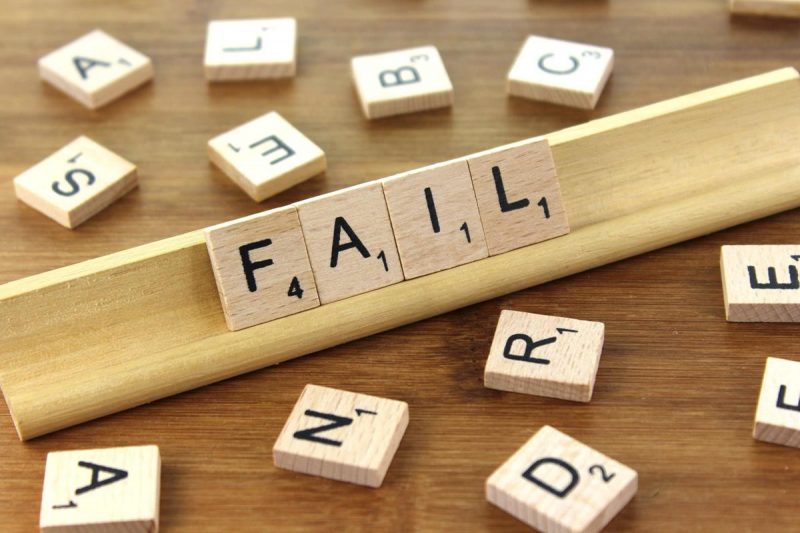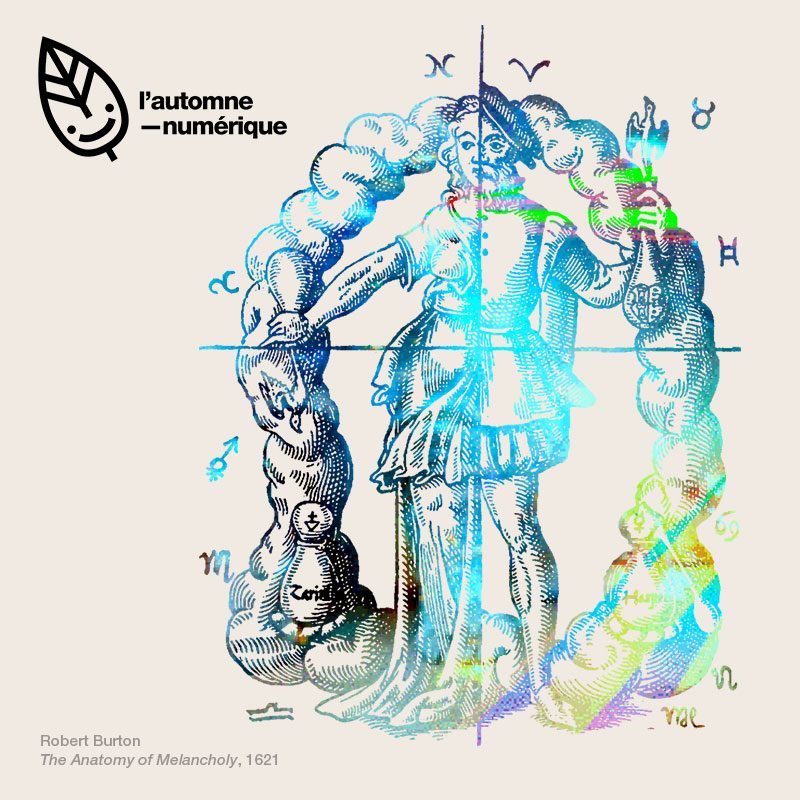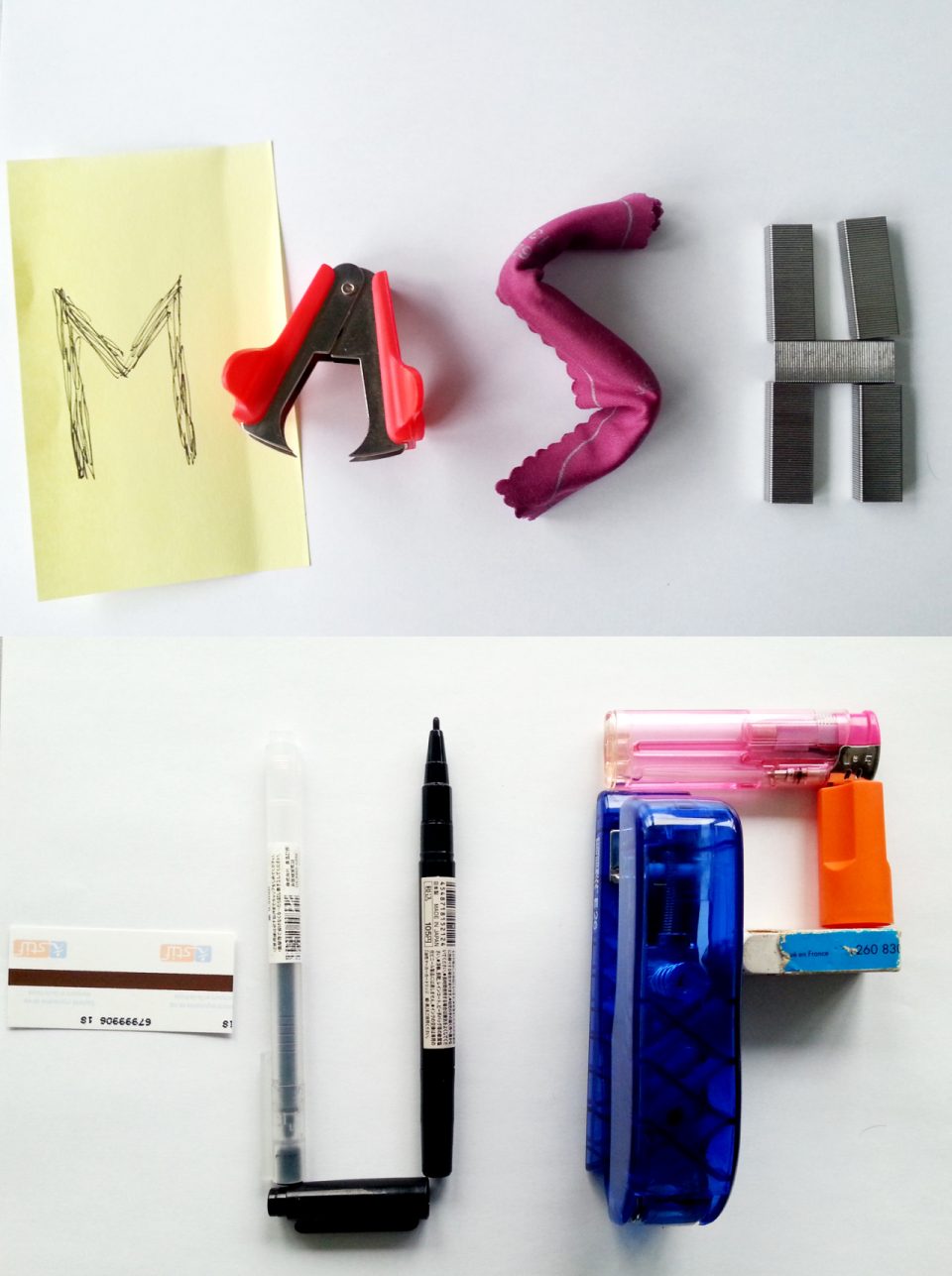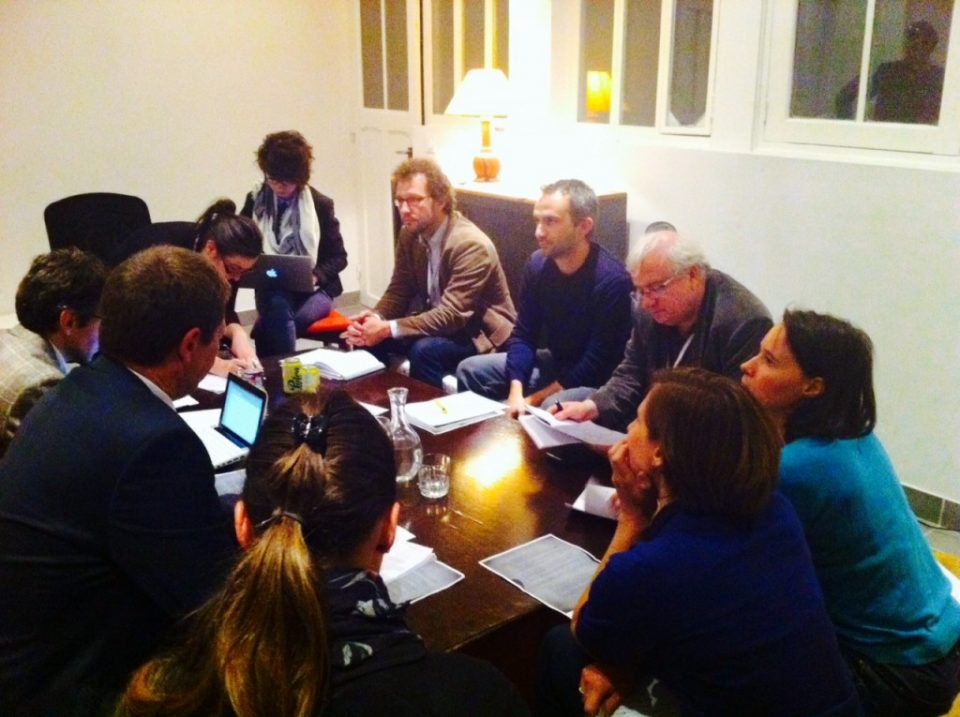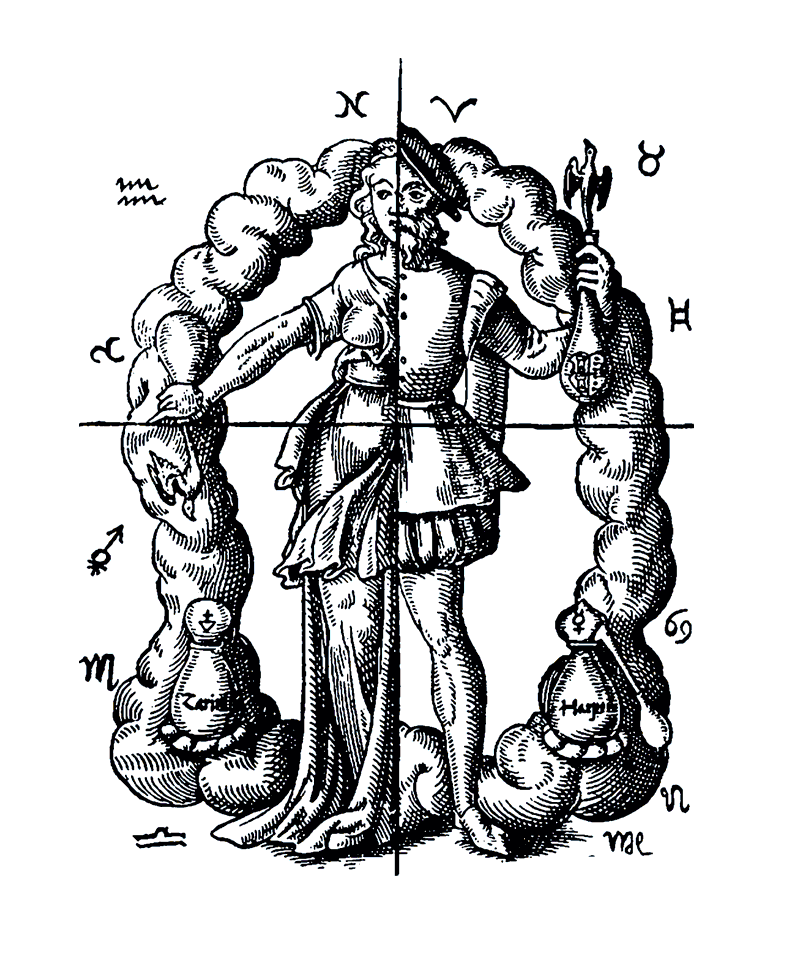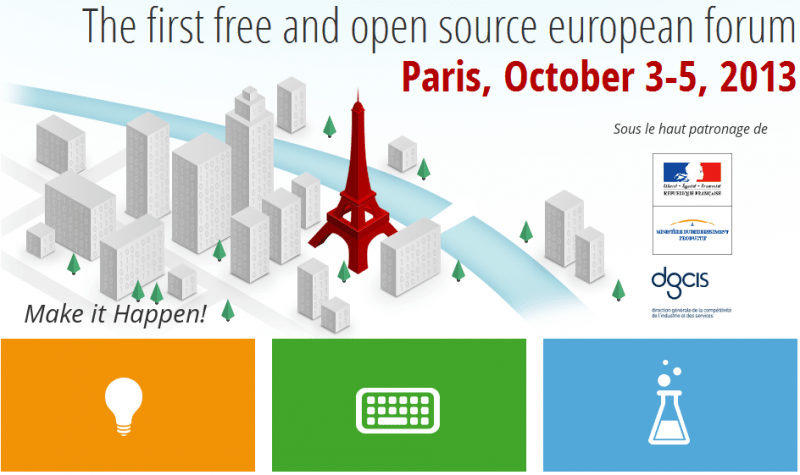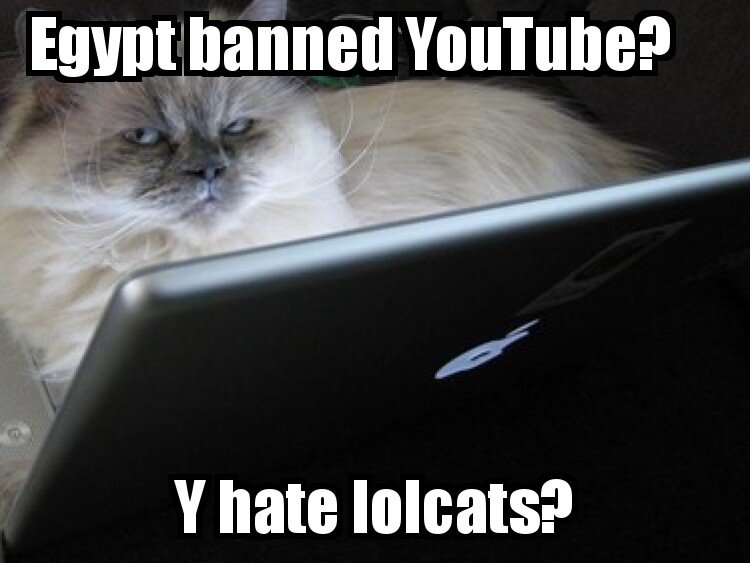Today March 12 is the World Day Against Cyber-Censorship. Initiated by Reporters Without Borders (Reporters Sans Frontières, RSF) back in 2011, the Day aims “to rally everyone in support of a single Internet without restrictions and accessible to all.” RSF released a special report highlighting the “Enemies of the Internet.” The report, which presents the 2012 list of countries, has identified five State Enemies of the Internet: these are all ‘spy’ states as they conduct systematic online surveillance which results in human rights violations. They are Syria, China, Iran, Bahrain and Vietnam.
The report also emphasize the importance of advanced technology which enables authoritarian regimes to
spy on their citizens. RSF has thus compiled a list of five “Corporate Enemies of the Internet,” that is 5 privately held companies which it names ‘digital era mercenaries’ because they sell software used by authoritarian governments to commit violations of human rights and freedom of information. With no surprises, these are Gamma Group, Trovicor, Hacking Team, Amesys/Bull and Blue Coat.
I guess the Bahraini repressive regime is greedy for becoming even more famous: in celebration of its excellent rank in the top 5 of the ‘Enemies of the Internet,’ it has arrested 6 tweeps. The Bahrain Youth Society for Human Rights lists the names and a few details on each case. The Bahraini Ministry of Interior cheekily explained:
The General Director of Anti-Corruption and Economic and Electronic Security announced on Tuesday that a group of individuals were monitored for using social media for defamation of the King. Investigation identified six of them, in which they were referred to the public prosecution.
He said that freedom of expression in protected within the constitution and law, while urging for the best use of social media to avoid breaking the law.
I guess no comment is needed at this point…

